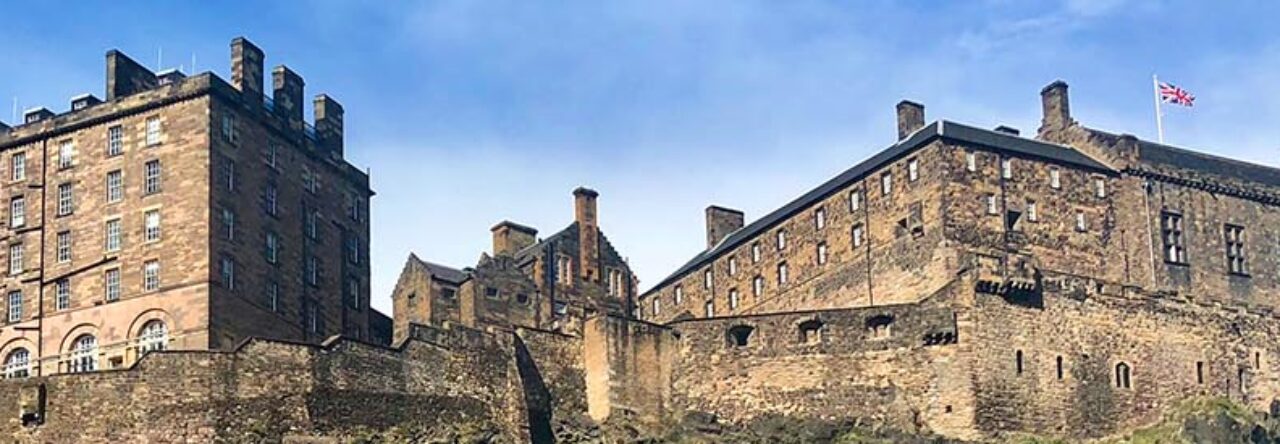In case anyone is wondering how it’s going, I wrote this entire blog post about week 2, six weeks ago, and apparently never hit ‘publish.’ So that’s great.
I very much enjoyed the week 2 World as Story intensive. The readings were excellent and the different sections delivered on the built-up expectations. The politics segment was probably my favourite, but there were points of interests in every part of it, and I’m really happy I get to be here and study this. And the next time someone asks me what the point of my programme is, I can just tell them everything is narrative.
In terms of influencing my thesis, there haven’t been any dramatic discoveries. At this point, as I’ve already been forced/forced myself to commit to so much of my thesis topic, I doubt the individual intensives are going to truly shake the foundations of what I have planned. What I did find an interesting takeaway was the idea that narratives are controlled; perhaps not by an individual, but a system, culture, or society. Obviously, if I write a story, I control what happens in it, but the story I write is also either in concordance with or counter to the stories we tell ourselves in our everyday lives and that we live with or fight against. Alette Willis’ diagrams on stories and storytellers below struck a cord with me: I not only want to tell a story, I have said multiple times that I want my audience to be a part of the experience

For instance, I want to explore the idea of reader choice. That means that as the person holding the strings of the narrative, I have to decide whether to let those choices be “right” or “wrong” – I can deceive readers into choosing a path that may look good on the surface but ends in disaster, or I can give them exactly what I hinted at. I can punish them for trusting me, or reward them for it.
It’s something to think about, and something that makes me curious about the Story Roots intensive, and how my perspective on storytelling will change with it.



Leave a Reply